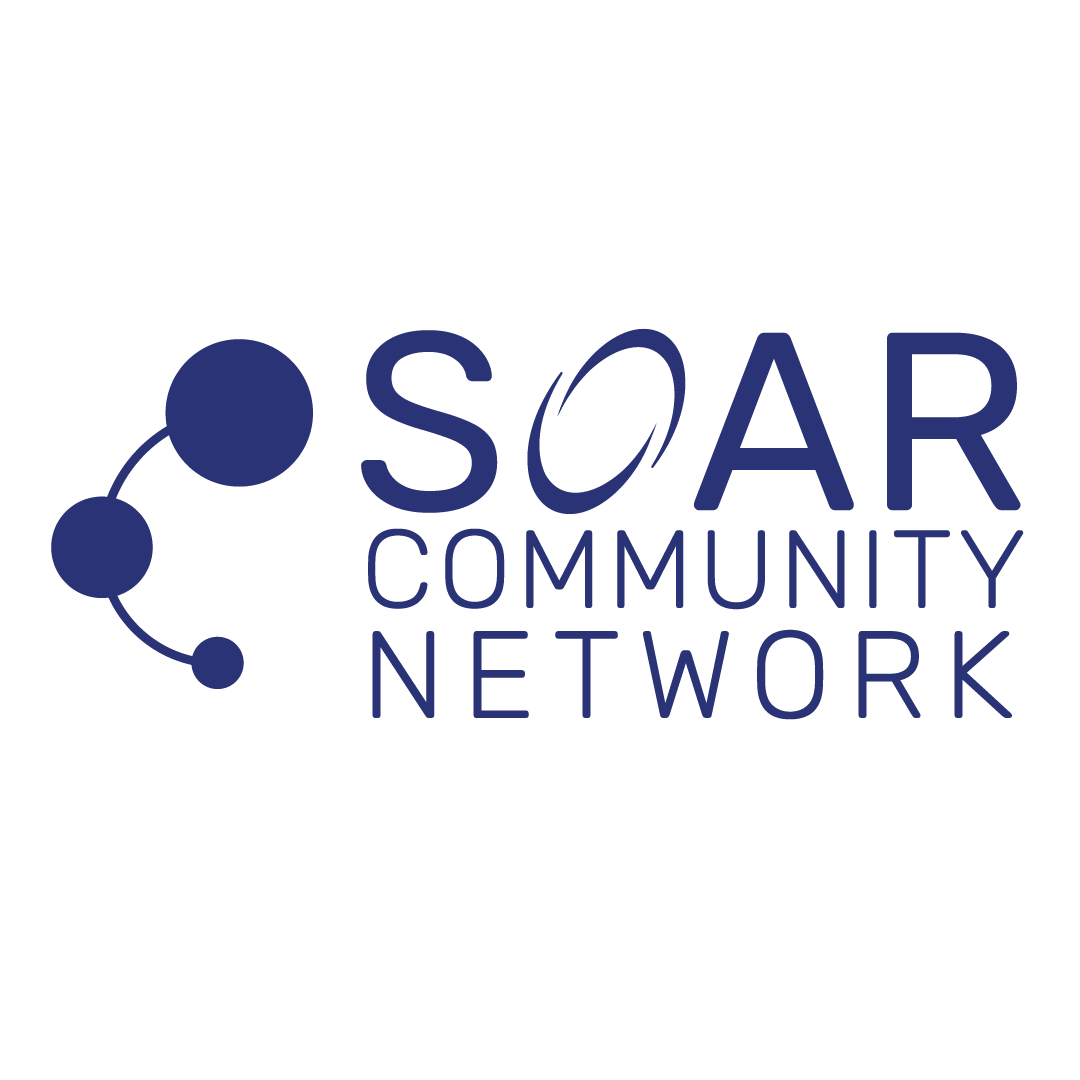Introduction
Many organizations express a desire to “do good” in the world, but struggle to translate that intention into meaningful, consistent action. Employees may hear about a company’s values, but not experience them in their day-to-day work.
This disconnect can lead to skepticism, disengagement, and a lack of cohesion among team members who crave deeper purpose. Without a clear channel for contributing to meaningful causes, even well-intentioned teams may feel like they’re working in a bubble.
Today’s employees—especially emerging leaders—want more than a paycheck. They want to know that their work and workplace contribute to a better world.
Solution
Organizations that embed social impact into their team culture benefit from stronger engagement, deeper collaboration, and a shared sense of purpose. It isn’t about grand gestures. It’s about consistent alignment between values and behavior.
At SOAR, we help organizations co-design social impact initiatives that are authentic to their mission and meaningful to their people. From pro bono days and community volunteering to team partnerships with grassroots organizations, these efforts make values tangible.
Programs like The Rebuild Collective exemplify what’s possible when purpose and community engagement are built into the culture. This initiative brings people together to support local resilience, equity, and empowerment through storytelling, resource sharing, and connection.
Action
If you want to infuse your culture with deeper meaning, here are ways to start:
- Ask Your Team What They Care About – Host a conversation or survey to learn what causes or communities matter most to your employees. Use their input to guide your focus. This builds buy-in and relevance.
- Partner With Local or Grassroots Initiatives – Support smaller community-based organizations where your contributions can have direct, visible impact. Allow team members to volunteer or share their skills as part of their workweek.
- Align Impact With Skill Development – Encourage employees to take part in community projects that also stretch their leadership, communication, or facilitation skills. This builds both character and capacity.
- Celebrate the Stories, Not Just the Stats – Share photos, reflections, and lessons learned from your team’s impact experiences. Highlight how their involvement connects back to your company’s values.
- Use Tools That Track Cultural Engagement – Use the Diagnose Readiness tool or other pulse check-ins from our C3 Tools page to see how your culture is evolving and how social impact initiatives are being received.
Conclusion
When social impact becomes part of how your team operates and not just something extra, it cultivates a culture of generosity, alignment, and collective purpose.
Values come alive through action. And when your people see how their work contributes to something bigger, they don’t just stay longer, they show up more fully.
To begin integrating purpose into your team’s daily rhythm, explore our impact-aligned tools and resources on the C3 Tools page.

